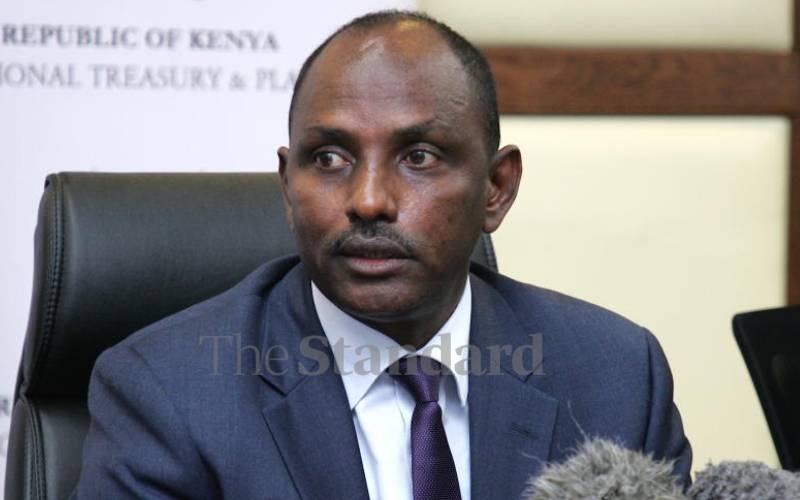×
The Standard e-Paper
Join Thousands Daily

Capital goes where the returns are high. Since Kenya plunged into the international capital markets to raise money by issuing Eurobonds, foreign investors - especially those from North America and Europe - were attracted by the high returns.
The interest rates offered by Kenya - like many other countries from emerging and frontier markets - were higher compared to those in advanced economies like the US and Europe.